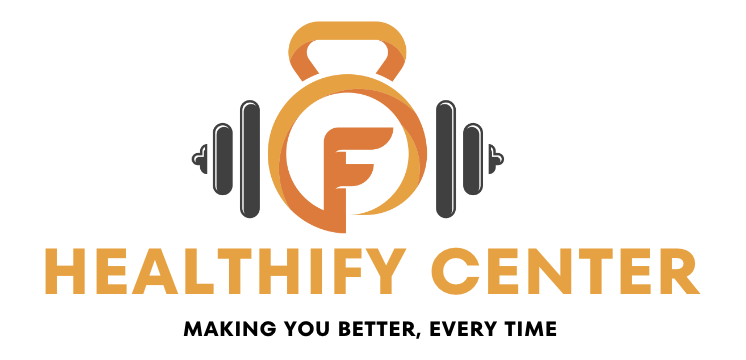Empowering Patients: The Role of Health Centers in Patient Education and Advocacy
In today’s healthcare landscape, patient empowerment is becoming an increasingly important aspect of healthcare delivery. Empowered patients are informed, engaged, and able to make informed decisions about their health and care. Health centers play a critical role in educating and advocating for patients, helping them take control of their health and well-being.
Patient education is a fundamental component of healthcare, and health centers have a unique opportunity to engage and educate patients on a wide range of health-related topics. From chronic disease management to preventive care, health centers can provide patients with the knowledge and resources they need to make well-informed decisions about their health. Educating patients about their health conditions, medications, treatment options, and lifestyle changes empowers them to take an active role in managing their health.
Health centers also serve as advocates for patients, helping them navigate the healthcare system and access the care and resources they need. This advocacy can take many forms, from helping patients understand their insurance coverage to connecting them with community resources and support services. Health centers also play a crucial role in ensuring that patients have access to high-quality, affordable care and addressing any barriers to care that patients may face.
In addition to patient education and advocacy, health centers also empower patients by involving them in their own care decisions. By fostering a collaborative relationship between patients and healthcare providers, health centers can help patients feel more involved and in control of their care. This can lead to improved health outcomes and a better overall patient experience.
Furthermore, health centers focus on promoting health literacy among patients, helping them understand and navigate the complexities of the healthcare system. This can include educating patients about the importance of preventive care, how to access healthcare services, and how to make informed decisions about their health.
Empowering patients through education and advocacy benefits not only the patients themselves but also the healthcare system as a whole. When patients are well-informed and engaged in their care, they are more likely to adhere to treatment plans, make healthier choices, and seek appropriate care when needed. This can lead to better health outcomes, reduced healthcare costs, and improved patient satisfaction.
In summary, health centers play a vital role in patient education and advocacy, empowering patients to take control of their health and well-being. By providing education, support, and advocacy, health centers help patients navigate the healthcare system, make informed decisions about their care, and ultimately lead healthier lives. It is essential for healthcare providers and policymakers to continue supporting and investing in health centers to ensure that all patients have access to the resources and support they need to be informed, empowered, and healthy.

















Leave a Reply